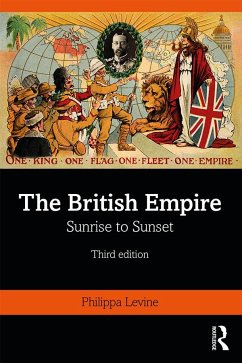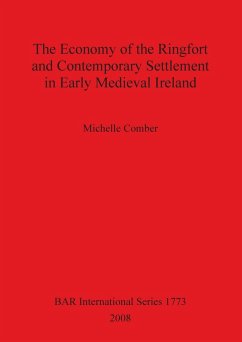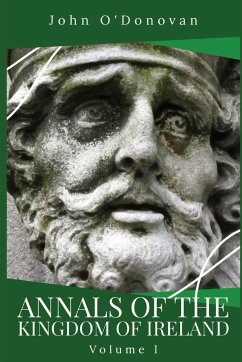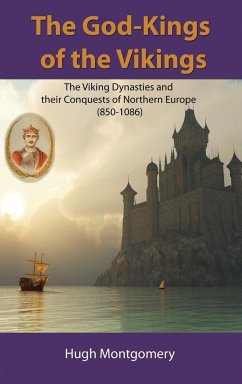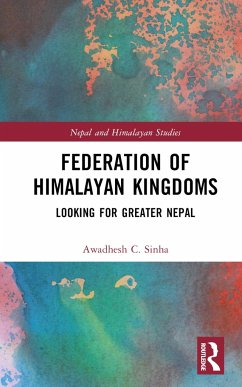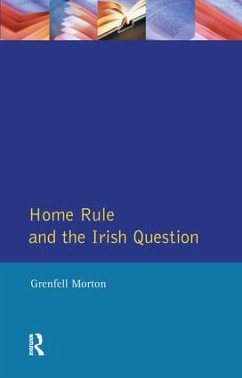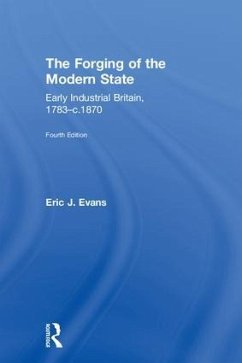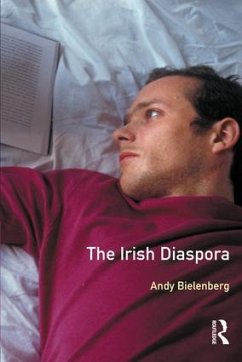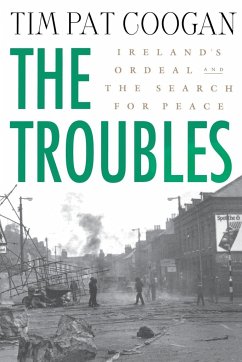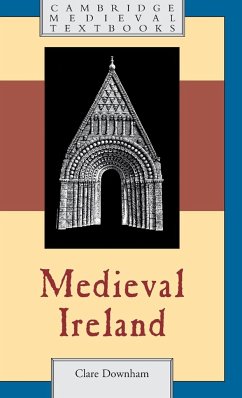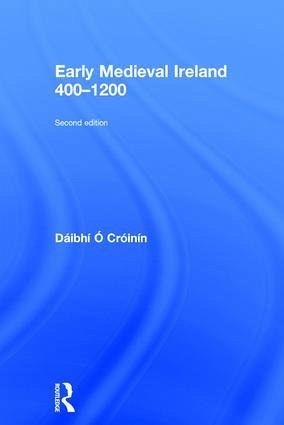
Early Medieval Ireland 400-1200
Versandkostenfrei!
Versandfertig in 1-2 Wochen
200,99 €
inkl. MwSt.
Weitere Ausgaben:

PAYBACK Punkte
100 °P sammeln!
This impressive survey covers the early history of Ireland from the coming of Christianity to the Norman settlement. It explores the nature of Irish society, the spiritual and secular roles of the Church and the extraordinary flowering of Irish culture. The expanded second edition includes added material on Ireland's relations with the Later Roman Empire, advances and discoveries in archaeology, and Church Reform in the 11th and 12th centuries. A new opening chapter on early Irish primary sources introduces students to the key written sources that inform our picture of early medieval Ireland, ...
This impressive survey covers the early history of Ireland from the coming of Christianity to the Norman settlement. It explores the nature of Irish society, the spiritual and secular roles of the Church and the extraordinary flowering of Irish culture. The expanded second edition includes added material on Ireland's relations with the Later Roman Empire, advances and discoveries in archaeology, and Church Reform in the 11th and 12th centuries. A new opening chapter on early Irish primary sources introduces students to the key written sources that inform our picture of early medieval Ireland, including annals, genealogies and laws. It is essential reading for student and specialist alike.





